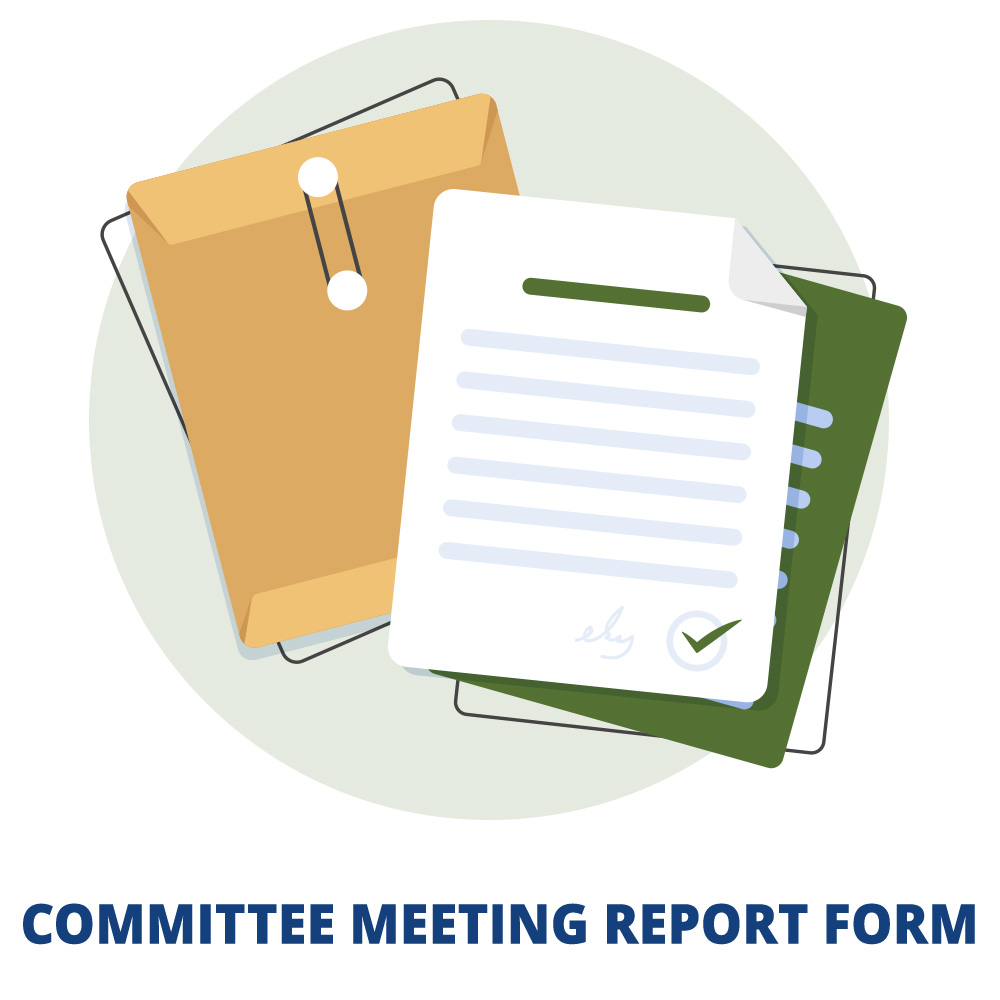After completing the Qualifying Preliminary Examination, students will engage in full-time independent research under the direction of their mentor. The Thesis Committee provides added guidance to the student and their mentor. The student is also expected to participate in scholarly activities at the department and university level and contribute to fostering an equitable and inclusive environment that promotes scientific discourse.
Coursework
Fall Semester
- IMMUNOL 732S: Immunology Seminars
- IMMUNOL 735: Current Topics in Immunology
Spring Semester
- IMMUNOL 732S: Immunology Seminar
- IMMUNOL 736: Current Topics in Immunology
During the third year and beyond, students are required to take additional BIOTRAIN RCR courses and workshops.
Annual Committee Meetings
Students should schedule their first committee meeting within the first year of completing the Qualifying Preliminary Examination. After that, the committee should meet at least yearly, or more frequently if required, to review the progress toward completion of the thesis work.
Sixth-year students are required to meet every six months. Seventh-year students and beyond must also meet every six months and submit a report via email every three months. These meetings are mandatory. Sixth- and seventh-year students should calculate six months from their last meeting date to establish the new six-month interval. For seventh-year students and above, reports are due three months after each meeting.
We use the online Duke T3 system to track progress towards completing the degree. The system has multiple resources that students should use, including the Instructions for Research Progress Report and Professional Development Summary. Students should upload all supporting documents on Duke T3 at least one week before the meeting.
Annual Committee Meetings typically last 1.5 hours to ensure sufficient time to discuss progress towards completion of the dissertation and the student’s professional development. At the beginning of the meeting, the student will be excused briefly, and the mentor will have the opportunity to provide context for the student's progress to date. At the end of the meeting, the mentor will be excused so the student can discuss the mentoring relationship with the committee. The student can also meet privately with the committee chair or any committee member.
In addition to the structured feedback provided through Duke T3, the committee chair will upload an Annual Committee Meeting Report to T3 as a summary for the student, the committee members, and the DGSA. This report is specific to the Immunology Graduate Training Program.
Dissertation
Requirements
To complete the requirements for PhD from the Immunology Graduate Training Program, the student will write a dissertation. For examples of how to structure a written thesis, refer to past examples of successful immunology PhD dissertations.
The doctoral work will be presented as a one-hour seminar that is open to the public. The seminar will be followed by a private defense of the written dissertation and an oral presentation to the thesis committee. The dissertation should embody the results of significant original research and scholarly work. Since the PhD dissertation will be published, it is expected that the work has been extensively edited.
Per graduate school guidelines, the dissertation should be presented and accepted within four (4) calendar years after admission to doctoral candidacy. With the thesis committee’s endorsement, the student may petition the Dean of Graduate School for an extension of up to one year. If the dissertation is not submitted and accepted by the new deadline, the student will be dropped from PhD candidacy and must retake the Qualifying Preliminary Examination. In such cases, the time limit for submitting the dissertation will be determined by the Dean of the Graduate School and the candidate's committee. Students should contact the DGS and the DGSA immediately if they need to petition the Graduate School for an extension.
The basic requirements for preparing and defending the dissertation are in this website's Graduate School’s Theses and Dissertations section. Students should consult with the DGSA to ensure the deadlines for submitting all materials to the Graduate School are met. It is the student’s responsibility to ensure that the most current guidelines are followed. Failure to do so may require the student to enroll for an additional semester, delaying the awarding of the degree.
For a useful list of graduation requirements, download the Graduation Checklist.
The Role of the Thesis Advisory Committee
The Thesis Advisory Committee evaluates the scientific quality and significance of the student’s work. The committee decides when the student can write their PhD thesis dissertation. In general, adequate dissertation work should result in at least two (2) significant bodies of scholarship for which the student is the primary contributor. Minimally, one must be published or accepted for publication in a peer-reviewed scientific journal. When this standard is not or cannot be met, the Thesis Advisory Committee has the authority to approve the dissertation for defense; however, the final committee report must include a written justification. The DGS provides the final approval for graduation.
Formal permission to write the thesis implies that all of the data included in the document has been reviewed by the Thesis Advisory Committee and met with their approval.
The completed dissertation must be submitted to all members of the Thesis Advisory Committee at least two (2) weeks before the scheduled defense to allow time for review. If any member of the Advisory Committee finds the written dissertation unsuitable for defense, they should notify the candidate's mentor in writing at least five (5) days before the defense date.


